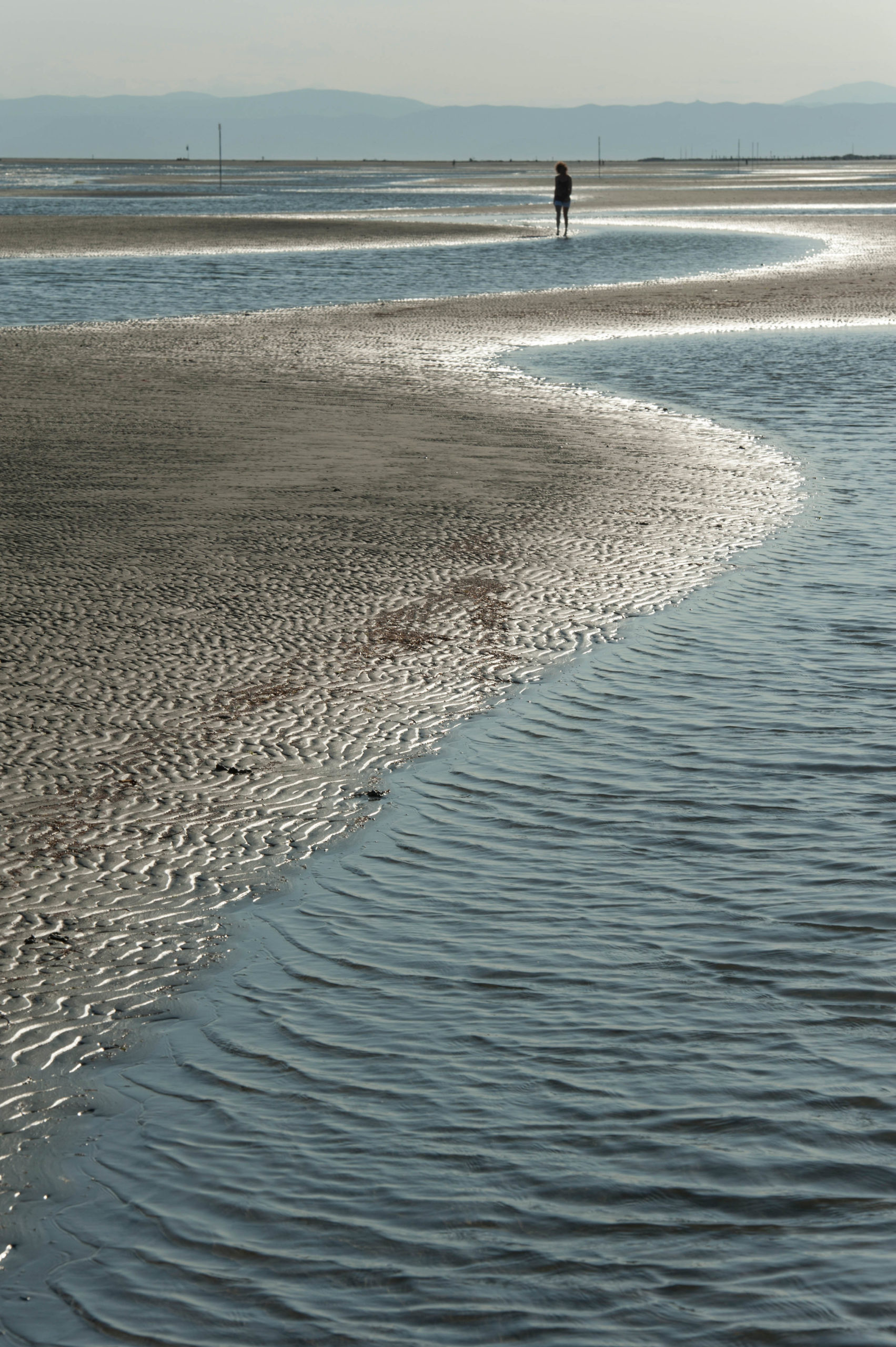Activities & Community Involvement
This page is entirely dedicated to you and your reflections and your initiatives to:
- Become a better version of yourself
- (Re)think your existential modes and your approach to life events
- Contribute to building a better place
In Greco-Roman antiquity,
at the dawn of what is now know as Western civilisation, learning philosophy meant learning to live fully and consciously. Embarking on a philosophical path meant committing oneself to transforming one’s personal life and its surroundings.
Join Philosophical Activities all around the Globe!
- CECAPFI- the world’s widest community for all orientations in philosophical practice
- PBMS – Philosophy-based management solutions – Valeria Trabattoni
- Philosophical Counseling and Practical Philosophy – Metis
- Philosophical Practice – Helen Douglas
- Philosophical Practice – Agora
- Philosophical Counseling – Peter Raabe
- Socratic Dialogue – Krisof van Rossem
- Philosophical Coaching – Michael Picard
- Philosophical Therapy – Cécile Balligand
- Philosophy and the world of work: Genius Faber
- Philosophy & Management – Philoma
A Philosophical Approach to the Individual’s Potential
Philosophical wisdom looks at the individual as an organic component of society and its natural environment. Practising philosophy means first of all taking part in reality in an active and conscious way.
It is not a matter of “accepting reality”…
as if it were a given, but of becoming aware of the fact that we are actors in it and that we make choices in life every day according to our limits and our possibilities. Whether we like it or not, every day we “make reality”, and we do not make it alone: no one is an island and each of us needs the others. Without the human community, we would not be able to eat, clothe ourselves or cure ourselves of illness today. Independence is the great myth of our time, but who is really independent? We depend on the air we breathe, the food we eat, the economic system of which we are a part. We are also emotionally dependent on the people we love: not because we are ‘affective addicts’ in need of special therapies, but because we are physiologically structured that way, just like our primate cousins and our other mammalian relatives. Just think that the absence of caresses and contact with others is more harmful to human health than cigarettes and alcohol! (See my article in Spanish, La otra pandemia. Sociedad global y soledad institucionalizada.)
From Thales to Foucault, the most remarkable exponents of philosophical thought have all been able to see, over the centuries, that no one is an island, and that interdependence is a fundamental and irreducible component of our humanity: we are all ‘political animals’, according to the aforementioned Aristotelian formula.
Each of us is part of nature and society. It is not possible to fully develop one’s humanity in solitude and isolation, shielded from the always unpredictable impact that others have on our lives. We can only discover and enhance one’s uniqueness through relationships and and recognition of others. According to Arendt, action itself becomes impossible if one does not allow room for others and for difference. Supressing spaces for constructive and concrete confrontation between diverse ideas and people stifles action. As the theorist of totalitarianism teaches us, action is rooted in dialogue, plurality, free interpersonal exchange. Human action and knowledge depend on the space of ‘between’, on mutual care and on the willingness to learn from others through questioning. Therefore, we must always strive to safeguard the space for encounter and confrontation as a vital horizon, indispensable for preserving and nourishing our personal identity.

